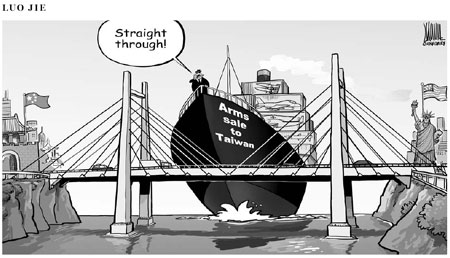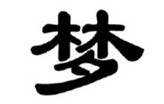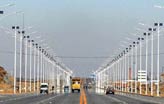Backlash expected if US seals arms deal
Updated: 2011-09-19 07:30
By Tan Yingzi and Ma Liyao (China Daily)
|
|||||||||
WASHINGTON / BEIJING - An arms sale by the United States to Taiwan, a probability according to media reports, will damage relations with China and trigger strong reaction from Beijing, analysts said.
Comment: Time for US to stop arms sales
According to a Washington Times report over the weekend, the Obama administration was expected to formally notify Congress this week of a $4.2-billion arms deal to Taiwan that will include an upgrade for the island's aging fleet of F-16 fighter jets.

Taiwan applied in 2007 to buy 66 F-16 C/D fighters. These jets have better radar and more powerful weapons than the 146 F-16 A/B fighters it currently has.
US President Barack Obama had reportedly decided against selling Taiwan the advanced F-16 model, the C/D fighters, despite requests from Taipei and Congress. But Obama may authorize the sale of upgrade kits for the F-16 A/B model.
Beijing has already warned of severe consequences if the arms package goes ahead.
Zhou Tienong, vice-chairman of China's top legislature, said on Saturday during a visit to Washington that an arms sale to Taiwan will hurt not only Sino-US relations and cross-Straits ties but also the interests of the American people.
Foreign Ministry spokeswoman Jiang Yu on Friday urged the US to abide by the three joint communiqus on relations in which the US pledged to reduce arms sales to the island.
US arms sales to Taiwan have long been a source of tension in cross-Straits, and China-US, relations. Beijing broke off military ties in January last year in protest against a $6.4 billion US arms sale to Taiwan which included Patriot missiles, Black Hawk helicopters and equipment for Taiwan's existing F-16 fleet. China rejected a proposal for a visit by US Defense Secretary Robert Gates in June 2010. It was not until the end of 2010 that military-to-military exchanges resumed.
Beijing will react fiercely if the Obama administration allows the arms sale, according to an article published on financial news website caixun.com.
Any sale would be a gross intervention in China's internal affairs and cast a shadow over Sino-US relations, the article said.
If the sale went through "a smokeless war on the economic front would occur between China and the US", it said. The article also suggested that China should reduce its huge holdings of US Treasury bonds as part of retaliatory measures.
"I certainly expect that we will see reaction from China and we will see suspension of some military exchanges," Bonnie Glaser, China security expert with the Center for Strategic and International Studies (CSIS), said.
But neither Washington nor Beijing wanted to see it escalate, she said during a discussion at the US-China Policy Foundation last week.
Tao Wenzhao, a senior researcher at Tsinghua University, said that any arms sale that occurred 32 years after the normalization of China-US relations "is incompatible with the big picture".
"The (arms sale) hurts China's core interests. And to keep on doing the wrong thing for 30 years just doesn't make it right," he added.
The arms package is also incompatible with the peaceful cross-Straits situation, Tao said.
Cross-Straits relations have stabilized since incumbent island leader Ma Ying-jeou of the Kuomintang took office in 2008. Ma has been pursuing close economic ties with the mainland.
"The US said it supports peace and stability in cross-Straits relations there is no need to sell more arms to Taiwan," Tao added.
The upcoming leadership election in Taiwan is becoming another factor that might affect Sino-US relations.
"The position of the Taiwan leader who wins the 2012 election is key to the solution of the Taiwan question," said Xin Qi, vice-president of the China Association of Cultural Development, a non-profit civic group that promotes reunification.
There were reports that Washington was concerned about the inability of Tsai Ing-wen to sustain the cross-Straits relationship.
Tsai, the leader of the opposition Democratic Progressive Party (DPP), visited Washington last week to seek support for her "presidential" campaign against Ma.
A senior US official said Tsai had sparked concern about stability across the Taiwan Straits after she met with administration officials in Washington, the Financial Times reported.
"She left us with distinct doubts about whether she is both willing and able to continue the stability in cross-Straits relations the region has enjoyed in recent years," the unnamed official was quoted as saying.
Richard Bush, director for Northeast Asian Policy Studies with the Brookings Institution, said: "We were very anxious about the situation during 1995 to 2008 (when the DPP was the ruling party and pushed for Taiwan's 'independence'). We have welcomed what has happened since Ma took office."
Tsai would "rattle" Beijing, Glaser, from the CSIS, said.
"The improvement of cross-Straits relations is in the interest of all three sides," said Robert Sutter, professor of international affairs at George Washington University.
"The idea of going back to that (the turbulent situation under former Taiwan leader Chen Shui-bian's leadership) is not possible, given the negative experiences all three sides had in that period."










